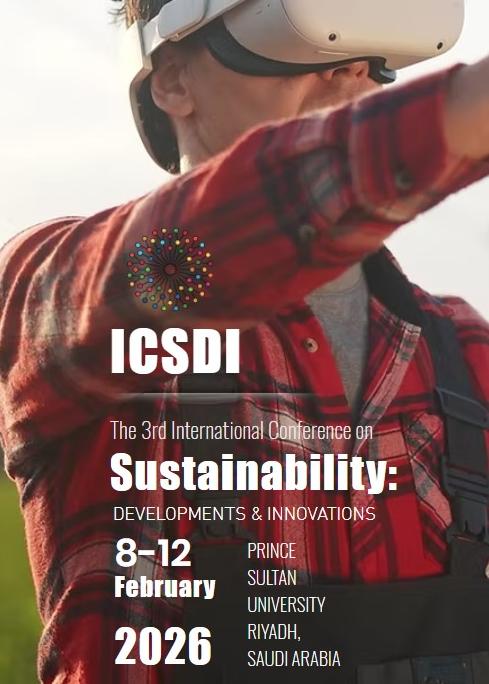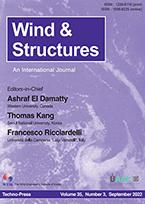International Conference on Fatigue Damage of Structural Materials XIII
FATD 2020
- URL: https://www.elsevier.com/events/conferences/international-conference-on-fatigue-damage-of-structural-materials
- Event Date: 2020-09-13 ~ 2020-09-18
- Submission Date: 2020-04-03
Materials Engineering Materials Engineering
The conference will maintain its unique and traditional format of single-session 30 min oral presentations that facilitates sufficient time for a thorough technical presentation, follow-up discussions, and collegial debate of the cutting-edge issues in the field of fatigue.
The entire conference program is deliberately scheduled with equal significance to our poster sessions, themed in relation to the oral presentations, and assessed for awards via a peer review process. Furthermore, all delegates are strongly encouraged to submit a paper to be published in a conference specific Special Issue of International Journal of Fatigue.
We welcome our colleagues to join us once again in the charming and historic city of Hyannis, MA on Cape Cod; our returning delegates will be delighted to find that we are returning to the more modern and updated conference venue used in 2018. We are excited to invite members of the domestic and international fatigue community to join us (again or for the first time) as we continue to advance the knowledge and understanding of the mechanics, materials, environmental, and computational aspects of fatigue damage in structural materials.
Conference topics:
Oral and paper abstracts are now invited on the following topics. They should be submitted using the online abstract submission system. Abstract Submission Deadline: 3 April 2020
https://www.elsevier.com/events/conferences/international-conference-on-fatigue-damage-of-structural-materials/submit-abstract
Environmental Cracking
High Temperature Fatigue Behaviour
Advanced Crack Characterization Techniques
Atomistic-to-Microstructure Scale Computational Modeling
Microstructural Origins of Crack Formation and Propagation
Fatigue of Additively Manufactured Materials
Loading Protocol Effects (e.g. multi-axial, variable amplitude, thermo-mechanical, contact fatigue)
Effects of Materials Modification (e.g. welds, shot peening)
Next Generation Crack Tip Mechanics
Data Science Based Approaches














